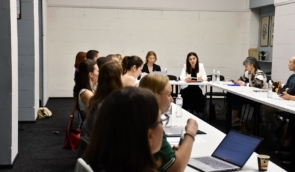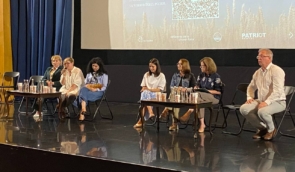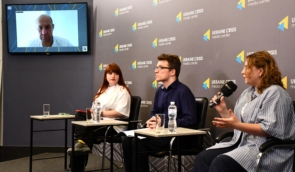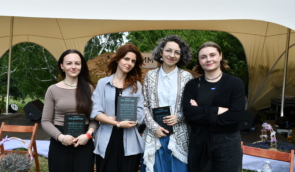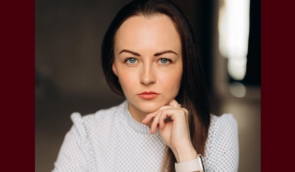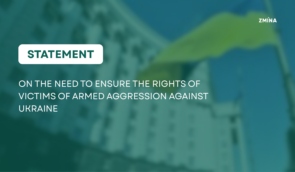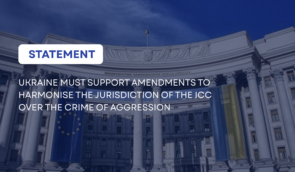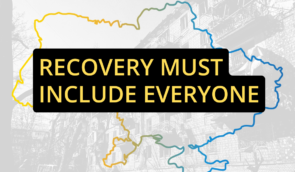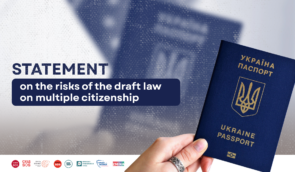Graduates of training course study Polish experience in working with children at risk
December 13-19, 2015, the graduates of the training course “Protecting and ensuring the rights of children and youth at risk” paid a study visit to Poland.
The organizers of the trip, the Helsinki Human Rights Foundation in cooperation with the AIDS Foundation East-West -AFEW, elaborated the comprehensive and interesting program. The course participants attended more than ten organizations and institutions working in the field of protection of the rights of children and youth at risk.
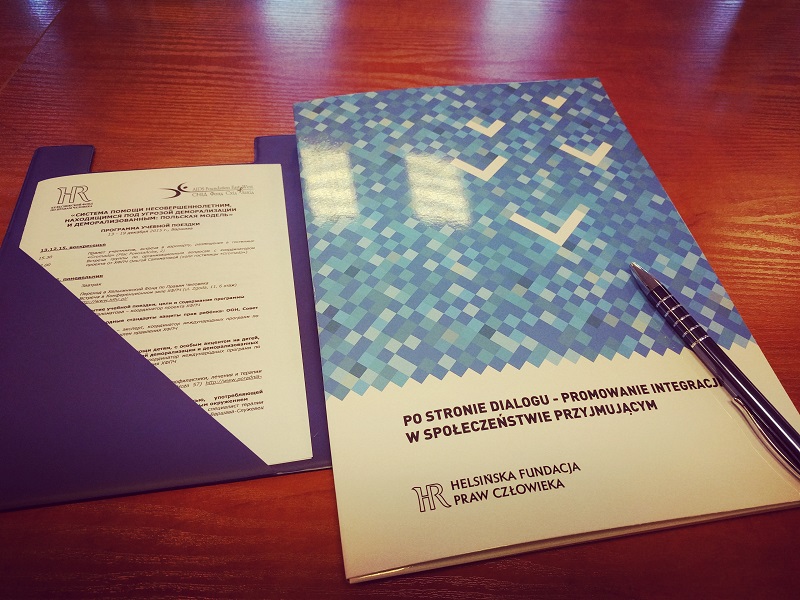
Members of the Helsinki Human Rights Foundation Elzbieta Czyz, Olga Salomatova and Bogna Chmielewska told about the Polish system of protection of the rights of children and youth at risk and the regulation of these issues. The experts also told about the principles of family courts.
Lawyer of the Helsinki Human Rights Foundation Katarzyna Wisniewska told about the procedure for holding liable the minors. All the cases relating to misconduct of minors are dealt with within the civil proceedings. The family court decides on taking a child to an institution without a specific term. Children leave the institution when their mental state and behavior are normalized. The institutions are divided into several types: closed, open, half-closed, high-security. It should be noted that children have the right to vacation in each of the institutions, and psychologists and therapists work with them.
After the theoretical course, the Ukrainian group visited the institutions working with the children at risk.
The course participants visited the “Common Home” center for social therapy. The center’s employees work with the children at risk permanently. In addition, therapists and social workers work with children daily. The residents of the “Common Home” are taught to organize their leisure and everyday life independently.
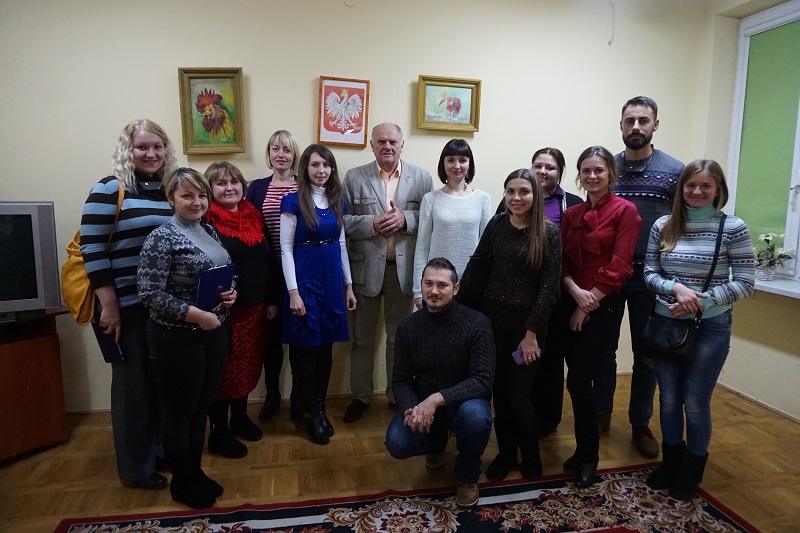
A trip to the shelter for minors and the rehabilitation center for girls in Falenica was one of the most impressive ones. Director of the institution introduced the residents to the participants. He knows perfectly well the story of every girl and has made a lot of effort to re-socialize them. There are workshops and a gym apart from the educational buildings in the center. Girls are not limited in movement in the territory of the center, but may go outside only with the permit.
The course graduates also visited the Association “Group of Pedagogy and Social Animation PragaNorth.” Its employees work with local communities of children at risk of demoralization or the demoralized. The teachers of the street work with one group of children for three years.
In addition, all the trip participants visited the organizations working with people who are addicted or are drug users.
For example, the participants were the guests of the family consultation for prevention, treatment, and addiction therapy at the Monar Association. Head of the consultations Adam Nik told about the algorithm of work of such a center.
The training course participants also visited the Polish Drug Policy Network, which provides psychological and legal assistance to the drug addicts and drug users. The office has rooms of day care and hostelling accommodation for these people.
The participants were present at the round table “Drug policy – International Experience”, where discussed the necessary reforms in government policy on drugs together with the Polish organizations.
Everybody was impressed by the experience of Poland. This trip gave impetus and inspiration for further work in the field of protection of the rights of children and youth at risk.
The trip participants were the graduates of the training course “Protecting and ensuring the rights of children and youth at risk” implemented by the NGO Human Rights Information Center with the support of International Charitable Foundation AIDS Foundation East-West – AFEW-Ukraine in collaboration with the International School of Human Rights and Civil Actions and Educational Human Rights House – Chernihiv. The project is implemented with the financial support of the Ministry of Foreign Affairs of the Kingdom of the Netherlands.
If you have found a spelling error, please, notify us by selecting that text and pressing Ctrl+Enter.

